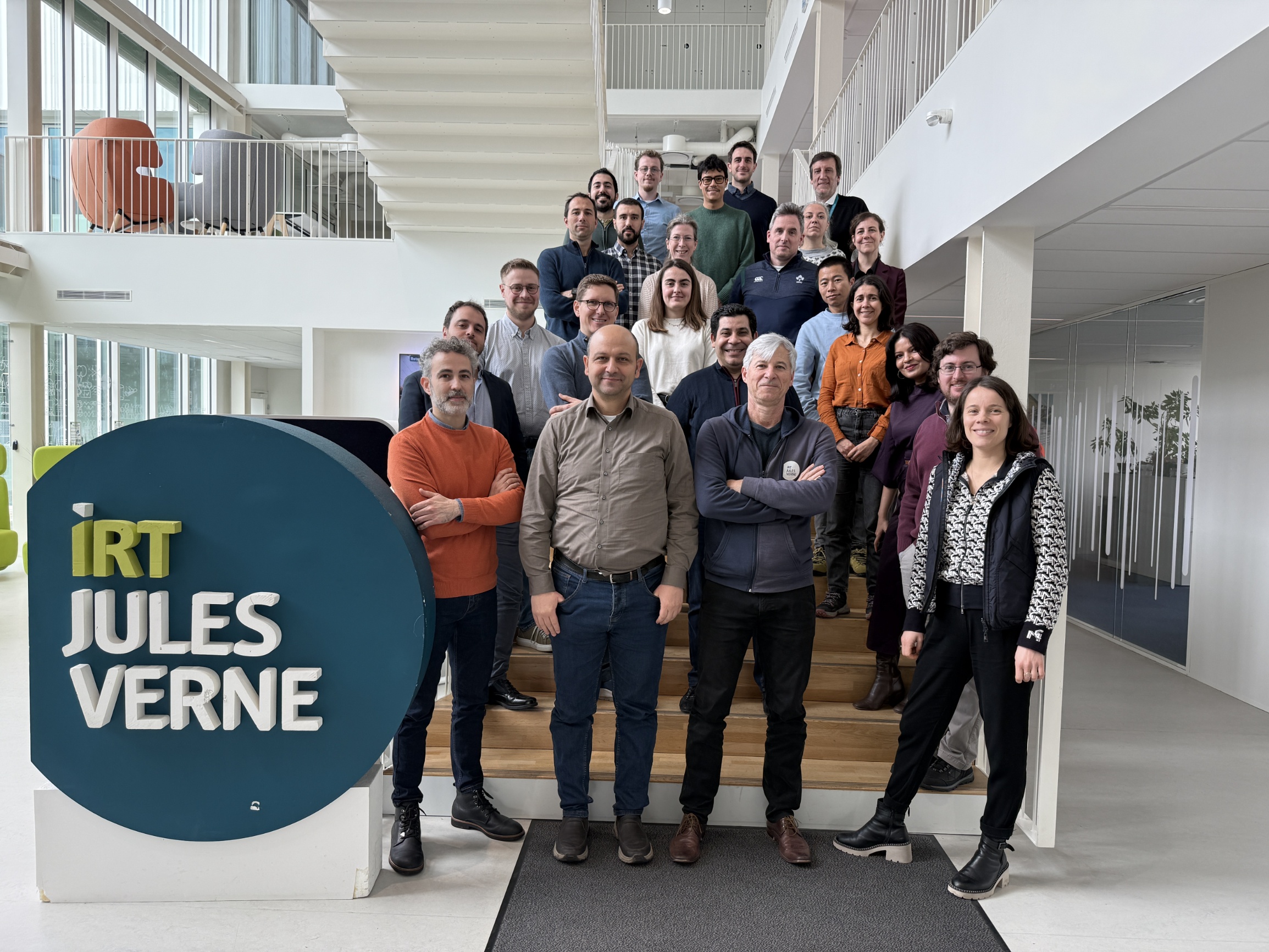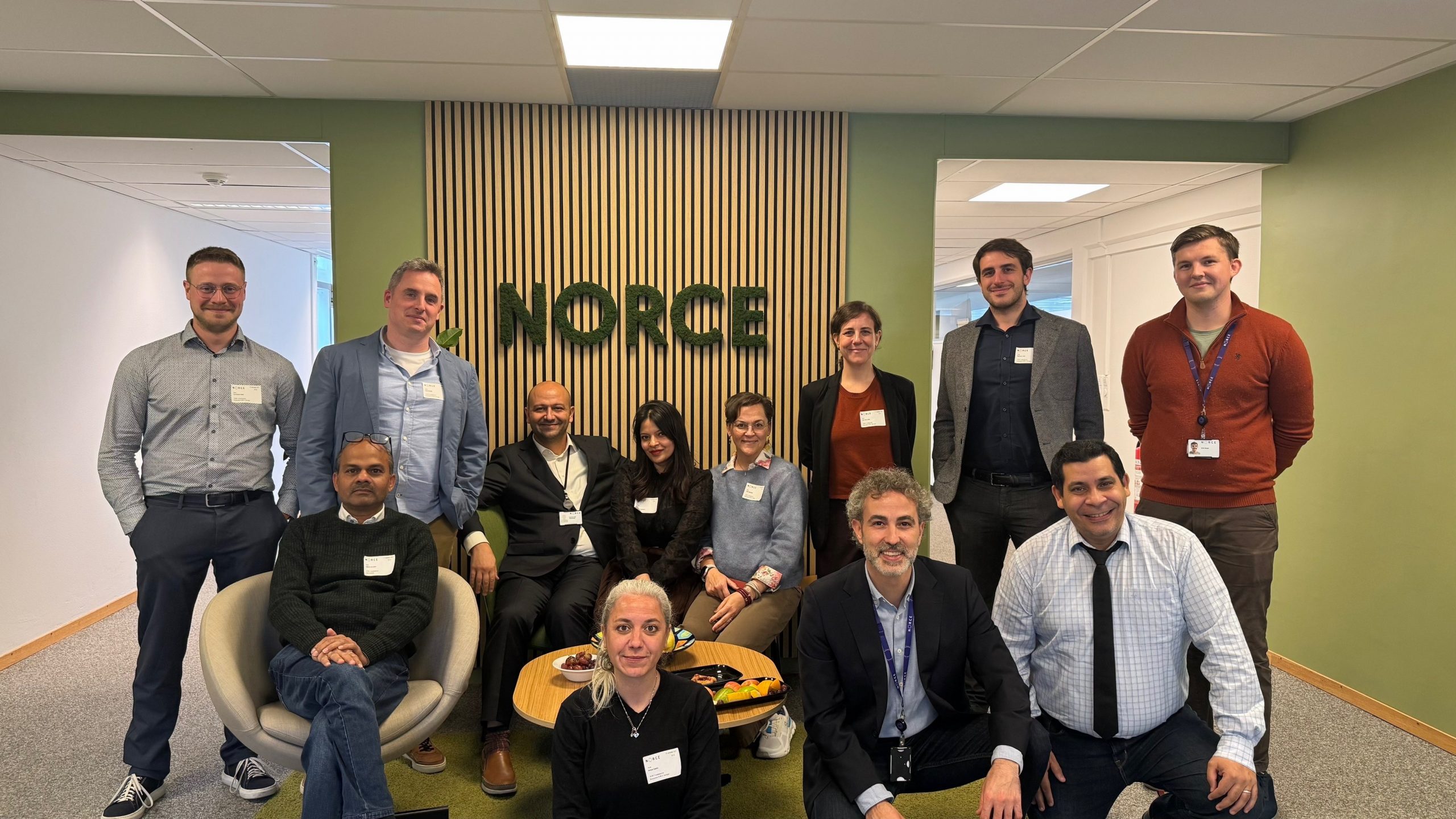About us
COGNIMAN aims to improve difficult-to-automate manufacturing processes, such as glass fibre production, precision machining, additive manufacturing and high-temperature metal production, which currently require significant labour-intensive efforts.
Our goal is to develop and demonstrate a new concept of “digital cognitive smart manufacturing” that integrates advanced technologies like simulations, digital twins, advanced sensors, machine learning and cognitive robotics.
This approach will enable flexible, resilient, reconfigurable, safe, sustainable and efficient smart manufacturing, ultimately boosting the European technology and manufacturing sectors’ competitiveness towards industrial leadership in global markets. It will also help reduce the environmental footprint of manufacturing activities.
months project from
Jan 2023 to Dec 2026
project partners
from 7 EU countries
million Euro
budget amount
Our objectives
COGNIMAN aims to improve difficult-to-automate manufacturing processes, such as glass fibre production, precision machining, additive manufacturing and high-temperature metal production.
Define a flexible and controllable virtual/simulation platform for digital cognitive manufacturing, with models, simulation mechanisms and Digital Twins for optimisation before deployment in real settings.
Develop next-gen sensing systems for online monitoring and robotic control in selected manufacturing scenarios.
Establish robust and explainable lifelong Machine Learning methods and tools for real-time visibility and control, prediction mechanisms and adaptiveness to changing conditions.
Develop safe, collaborative robotics with ergonomic, intuitive and context-aware human-machine-autonomous agents for advanced smart manufacturing.
Apply a human-centric design approach to define human-machine teaming models, including Social Sciences and Humanities aspects such as experience analysis, acceptance, awareness, trust, skills, liability and safety improvement.
Integrate models, simulation, Digital Twins, sensors, actuators and AI mechanisms into a human-centric modular toolbox.
Test and validate the integrated system in field trials for four concrete pilots.
Develop a network of open access pilots supported by Digital Innovation Hubs and other multiplier organisations to enable data and knowledge sharing and facilitate the involvement of targeted and new stakeholders.



